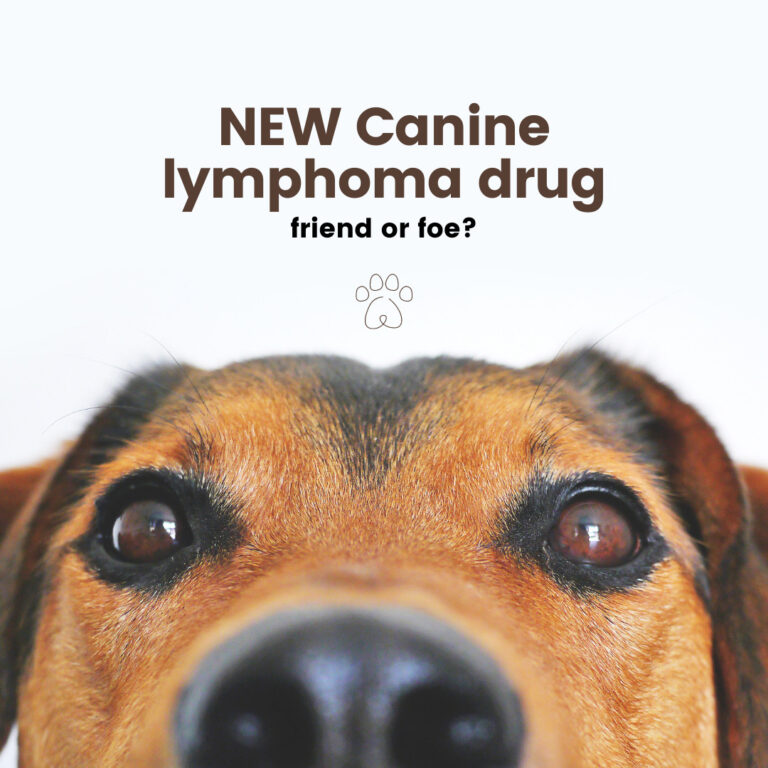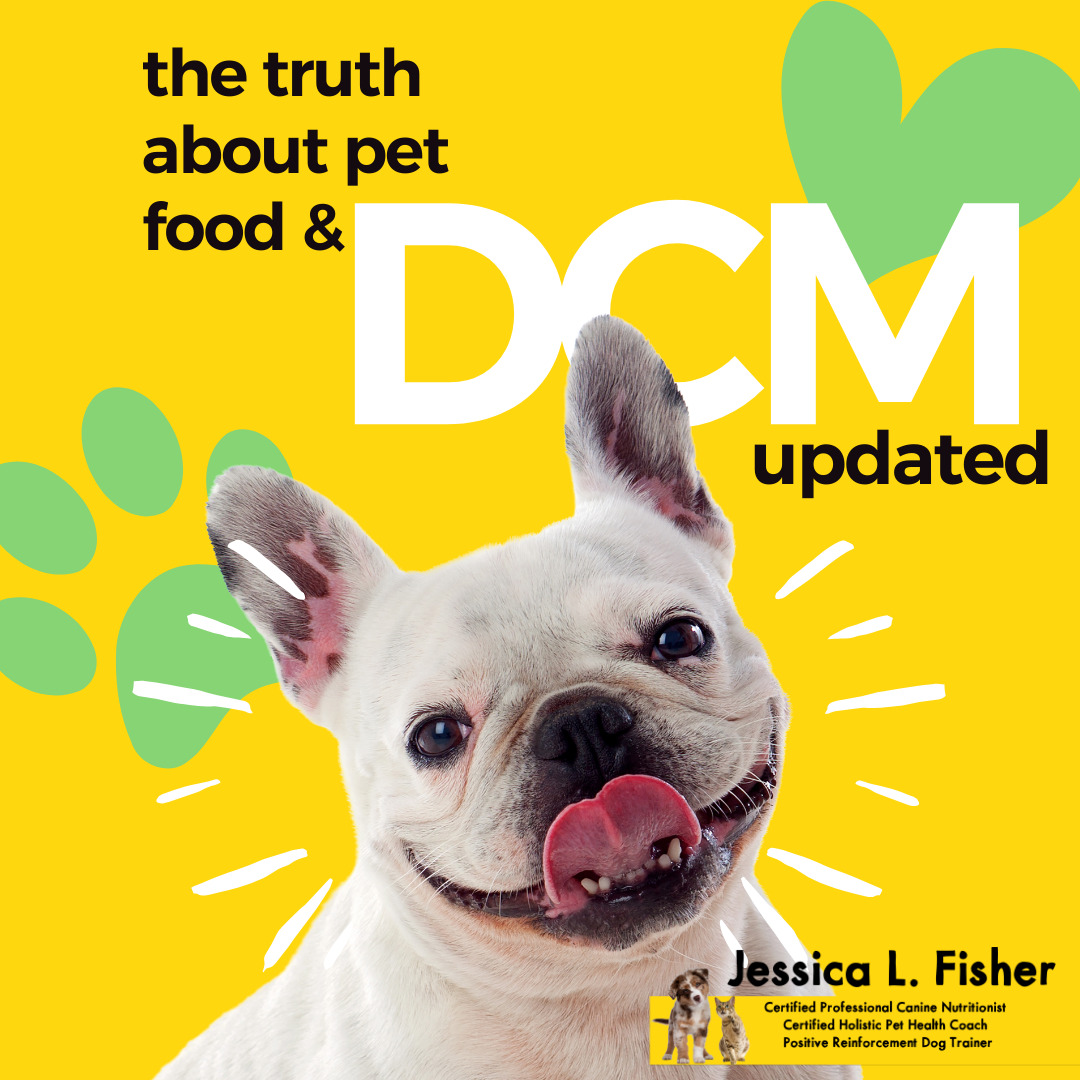Let me start out by saying that my dog does not currently have lymphoma and I have never had a dog with lymphoma. All treatments should be discussed in length with your dog’s healthcare team if your dog is sick, has lymphoma, or has any other disease or illness.
This week I received an email from Dr. Will Falconer and one of the topics he covered was this new pill to treat canine lymphoma. Dr. Falconer is a homeopathic veterinarian who no longer sees patients but educates pet parents online and provides courses for additional education. I follow him because I feel that we have similar beliefs about raising dogs (and cats) naturally.
I believe that there is certainly a place for traditional (allopathic) medicine for both humans and animals, but I think there is a balance between natural medicine and traditional medicine. This is also why I believe we should have a team of healthcare professionals on our side for our pets.
On the surface, you’d think “Yay! There’s a pill to treat lymphoma in dogs!” but when you dig deeper, the risk versus reward may be more than you’re willing to bargain.
Canine lymphomas, according to Purdue University, are “a diverse group of cancers, and are among the most common cancers diagnosed in dogs. They collectively represent approximately 7-14% of all cancers diagnosed in dogs. There are over 30 described types of canine lymphoma, and these cancers vary tremendously in their behavior. Some progress rapidly and are acutely life-threatening without treatment, while others progress very slowly and are managed as chronic, indolent diseases. Lymphomas may affect any organ in the body, but most commonly originate in lymph nodes, before spreading to other organs such as the spleen, liver, and bone marrow.”
Truthfully, if my dog were diagnosed, I would take every option under consideration. I’m not a veterinarian, but I also know that nothing is ever one-sided. If you are considering this treatment option, you will want to make sure that you are aware of the risks.
The drug is called Laverdia and you can read more about it here.
This medication is currently conditionally approved and administration must be done by your veterinarian twice a week. Your veterinarian will have to use special chemotherapy-resistant gloves. This drug is contraindicated for dogs that are pregnant, lactating or are used for breeding.
All humans, especially children, and women who are pregnant or may become pregnant, should not come into contact with the dog’s saliva, urine, or feces due to possible fertility side effects.
Look, chemotherapy isn’t fun and certainly is not off the table as a treatment option for cancer, however, there do seem to be some pretty serious concerns over the fertility of anyone coming into contact with dogs taking this drug.
Dr. Falconer said in his email:
“But, in case your own Dr. WhiteCoat recommends it without a thorough explanation of risks vs benefits, I’d get out your version of
“YOU’RE FIRED, DOCTOR!”
ready for administration in a suitably high-pitched, furious voice.”
There are so many options for helping your dog through lymphoma, even if you choose chemotherapy treatment. Kimberly at Keep The Tail Wagging has been using lots of natural medicine in combination with traditional medicine, including chemotherapy, for her dog who is fighting lymphoma.
I’m not here to demonize this drug. Heck, if I thought it was my dog’s best shot, I’d probably take it. There are considerable adverse reactions for the dog taking this drug, some of which include anorexia, lethargy, generalized pain, urinary incontinence, heart murmur, and seizures. It’s also important to remember that it is only currently conditionally approved, meaning that it is still pending a full demonstration of effectiveness.
I have a healthy distrust for the FDA and pharmaceutical companies, so while I find it necessary in the advancement of medicine, I also am aware that their bottom line is to make a profit, not to help me or my animals.
I’m certainly not asking you to take my word for anything. Please do your own research and make sure you have a veterinary team that you can talk with and have meaningful conversations around the health of your pet.
I hope that you never find yourself needing this drug or any others like it.




